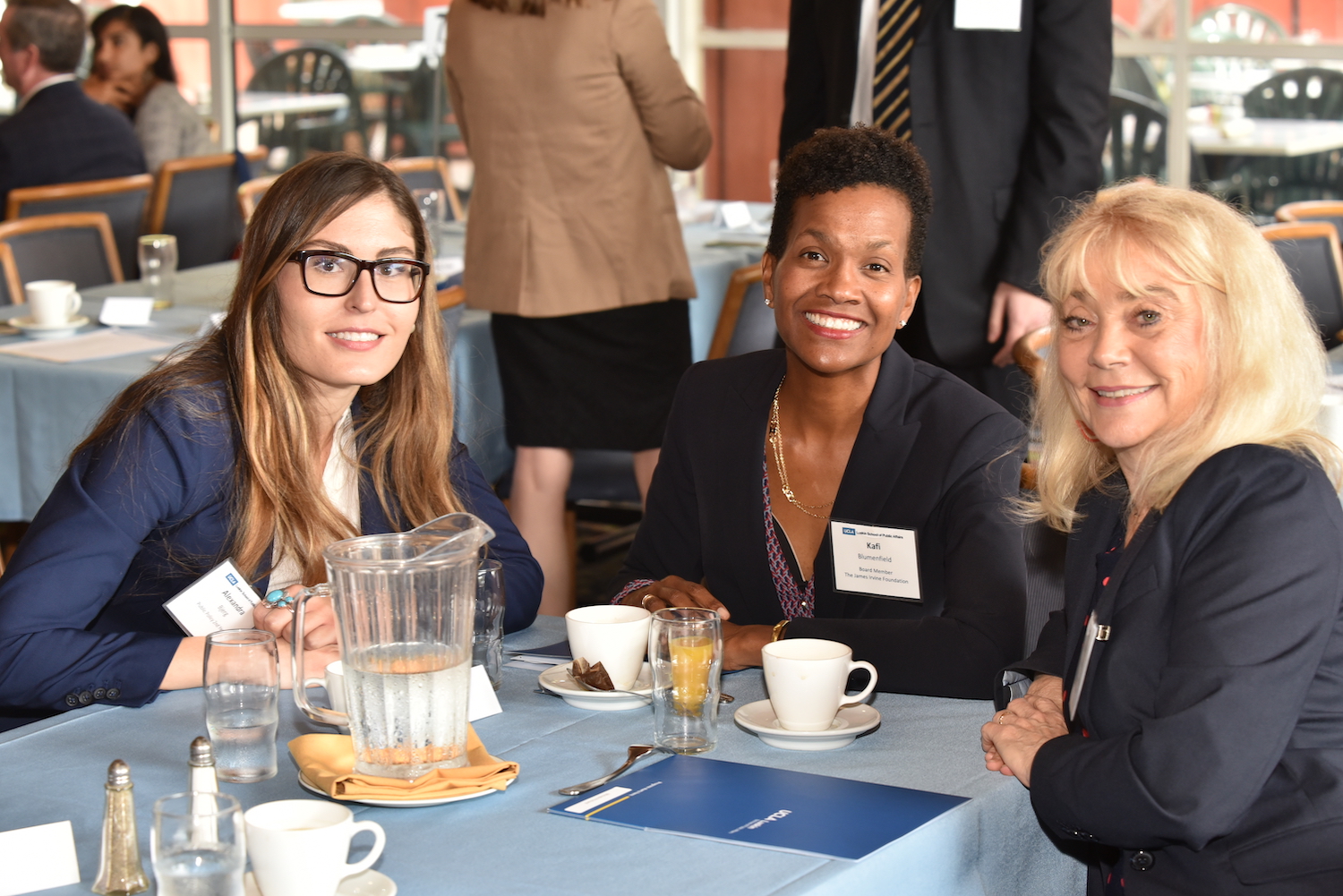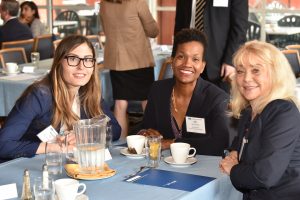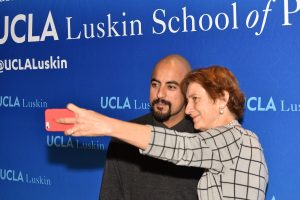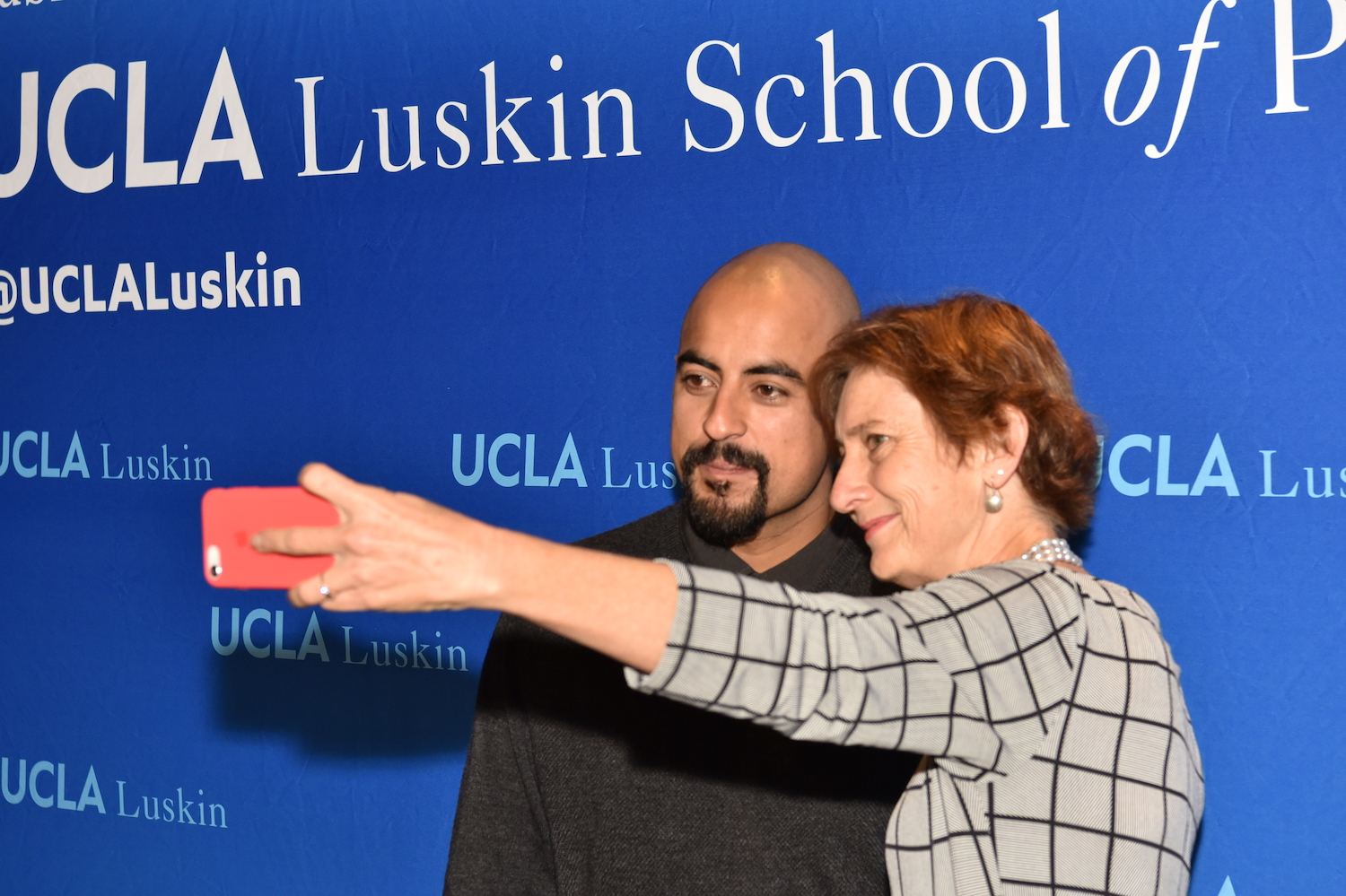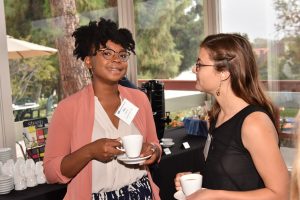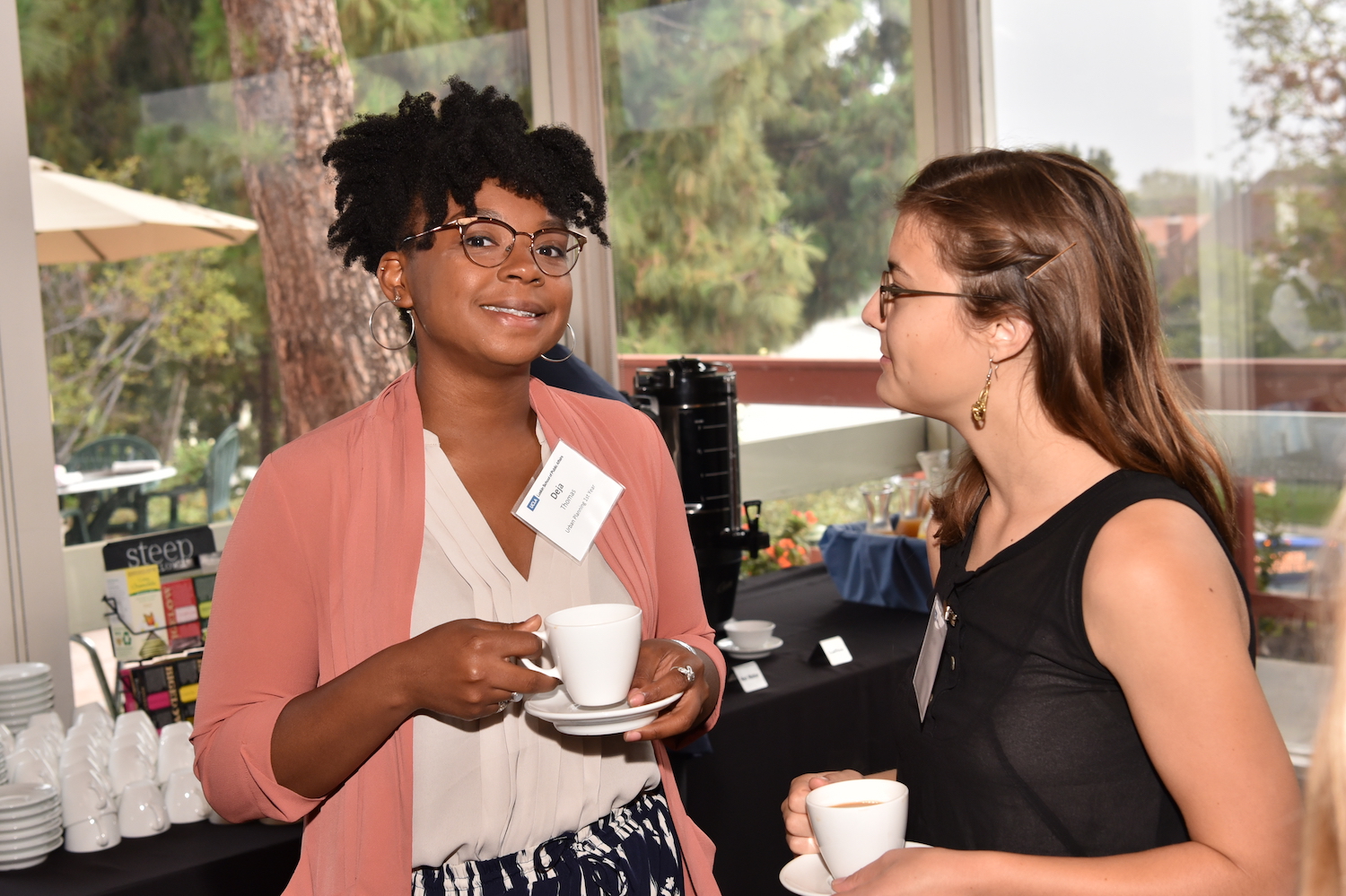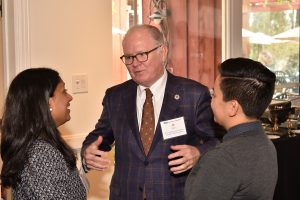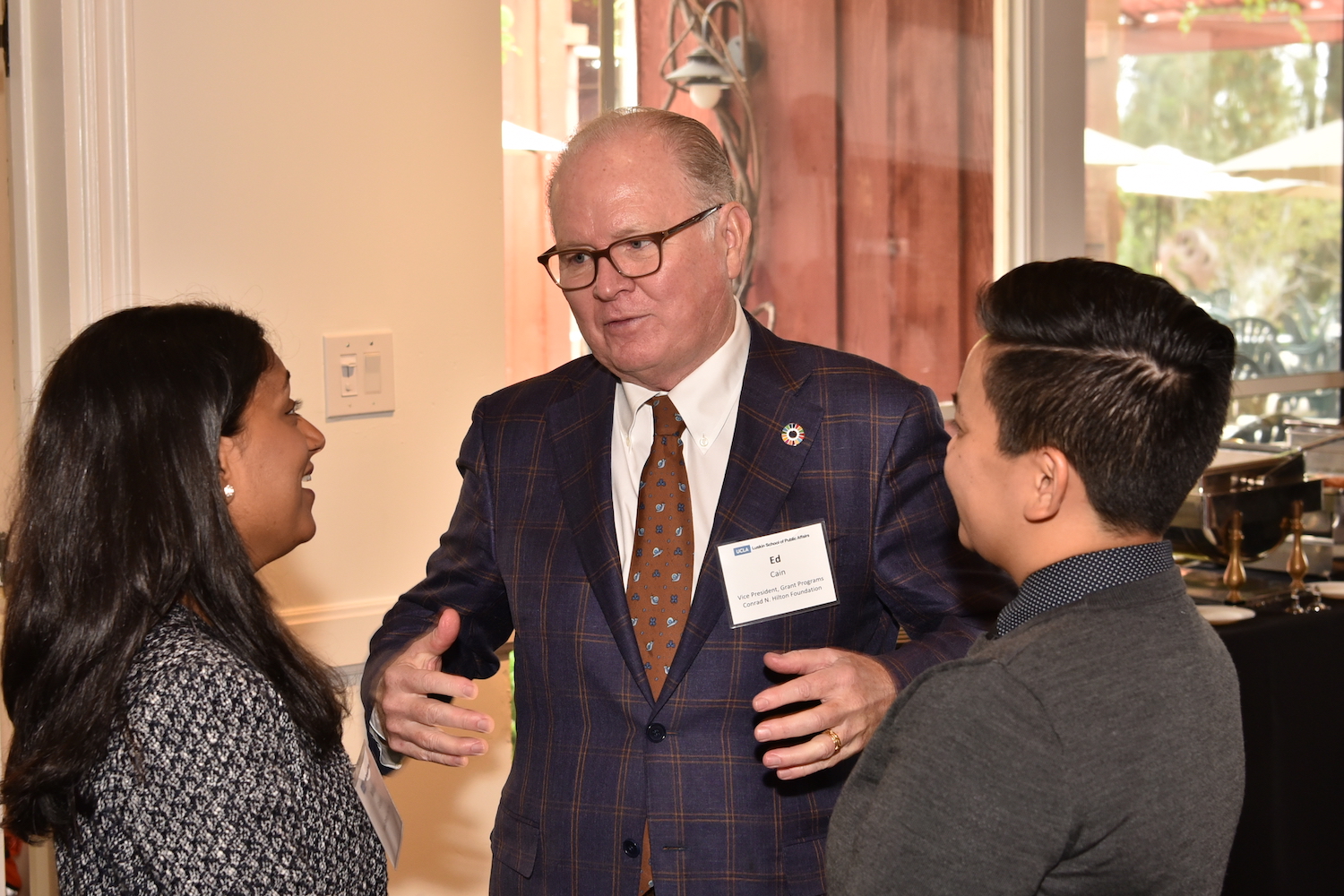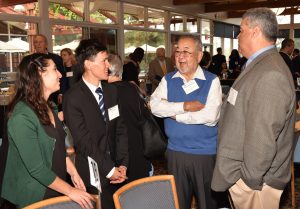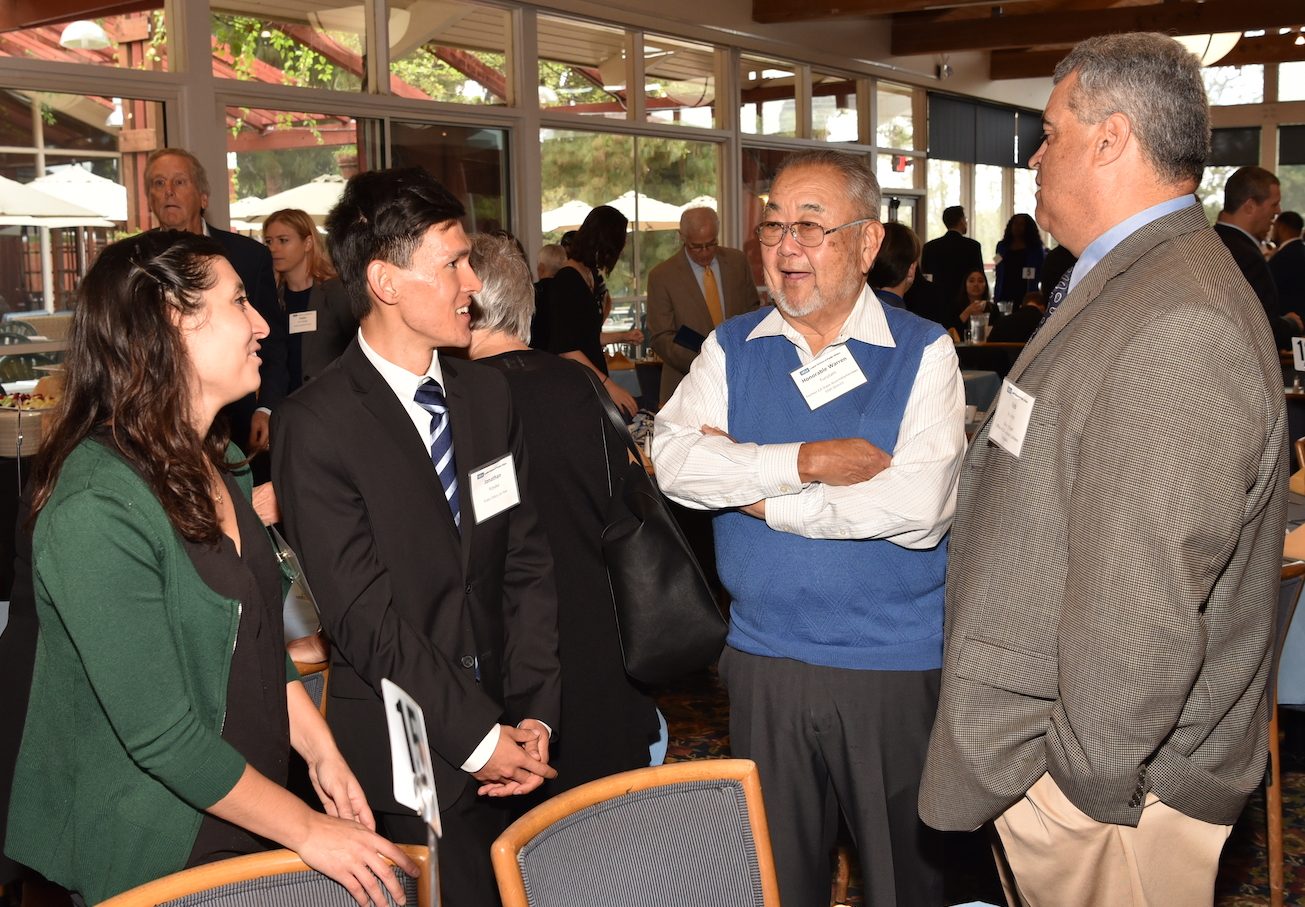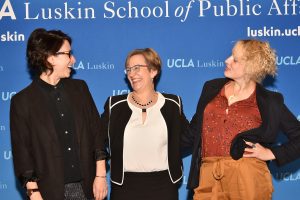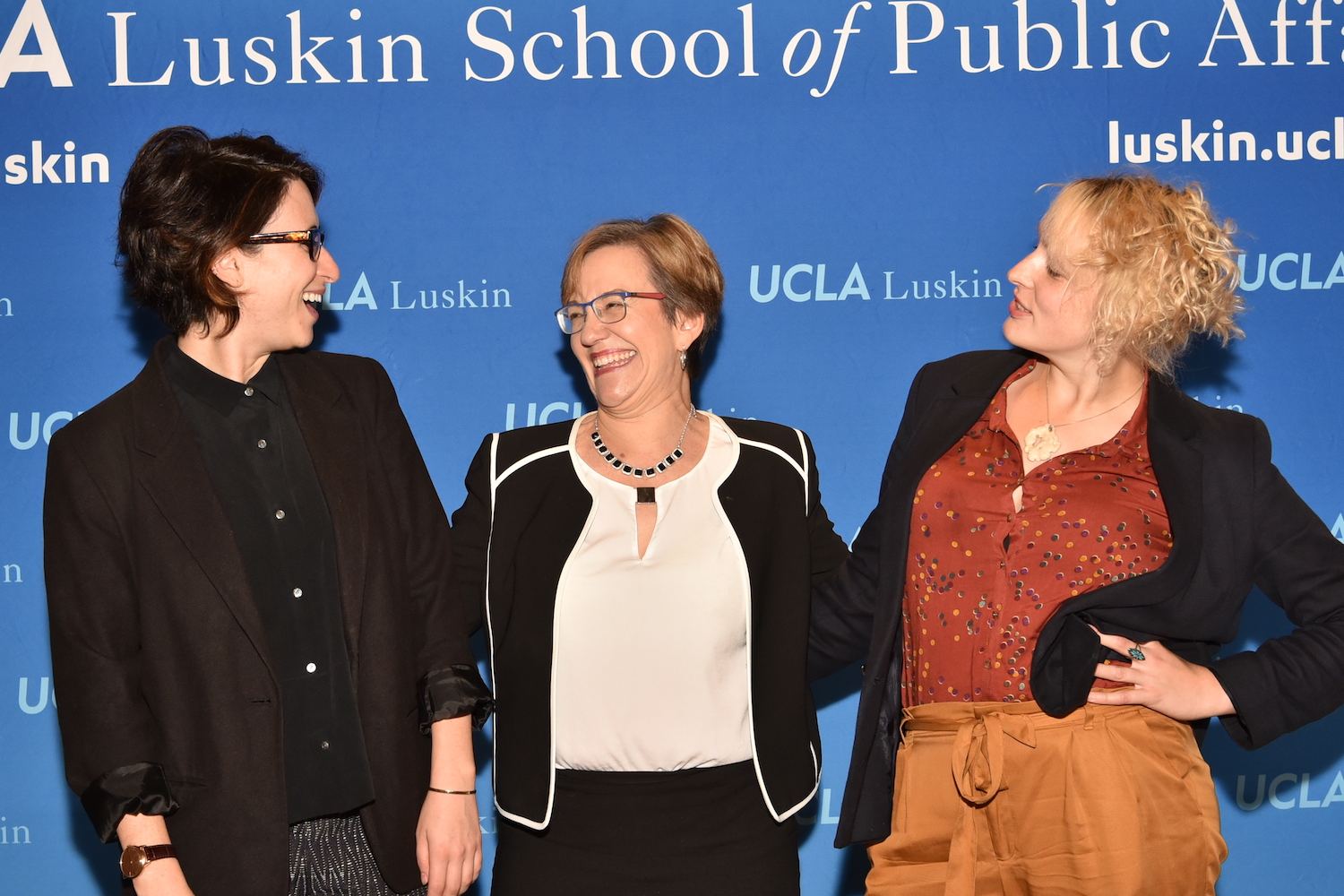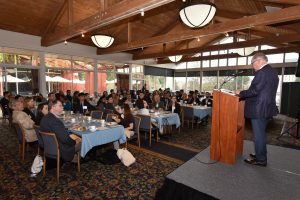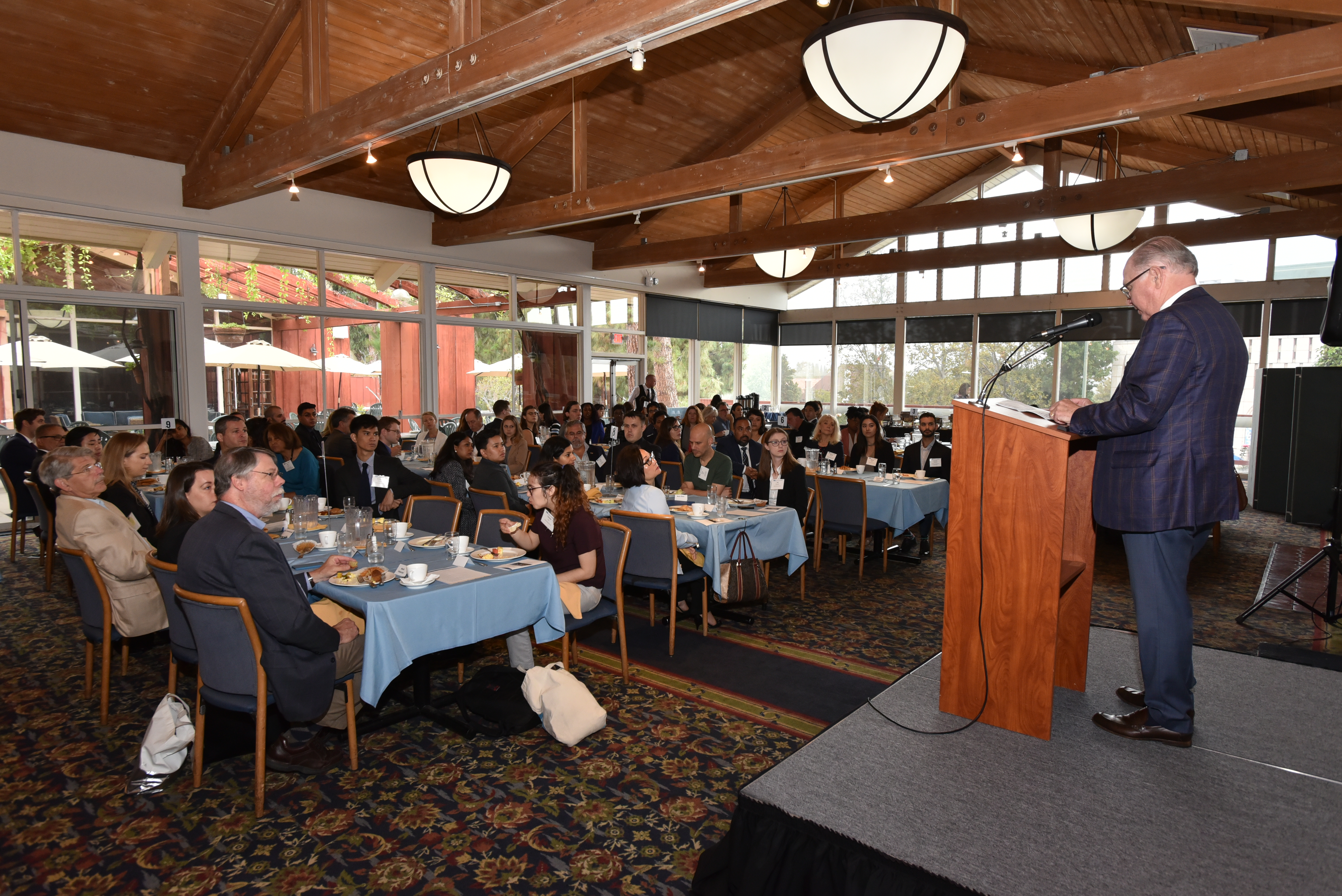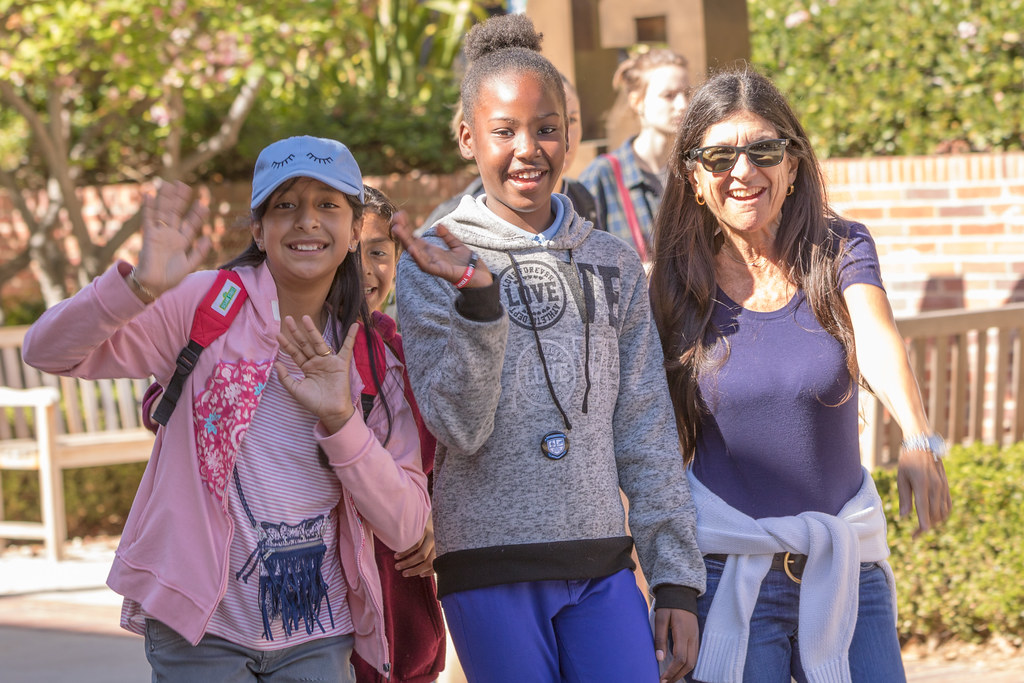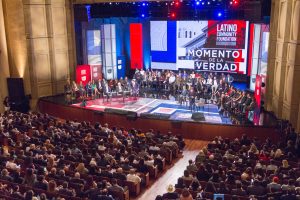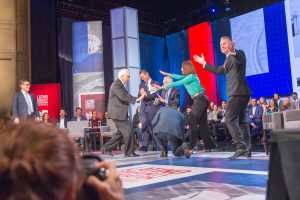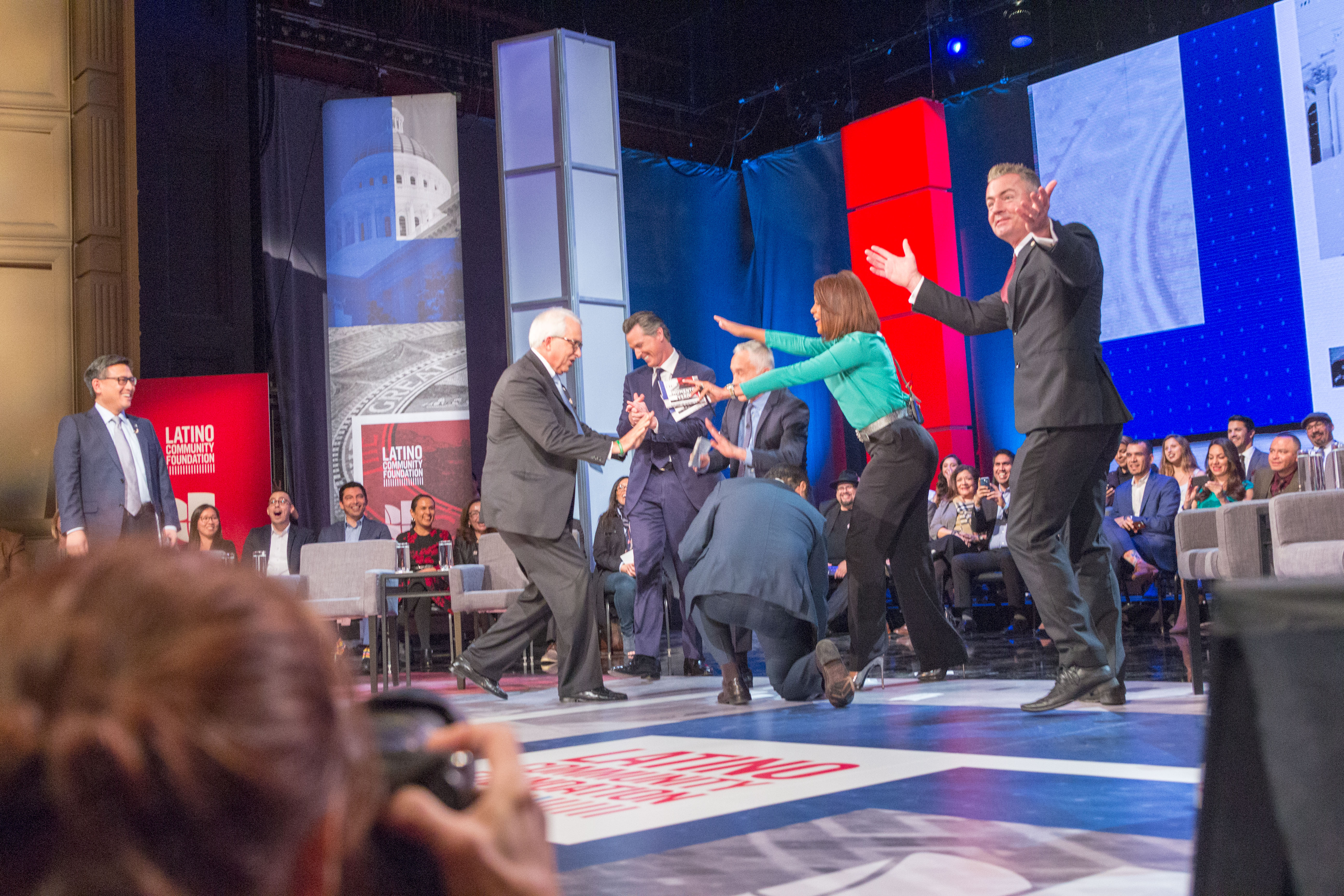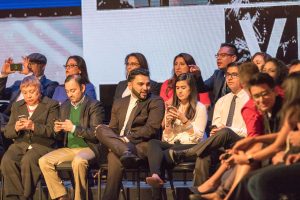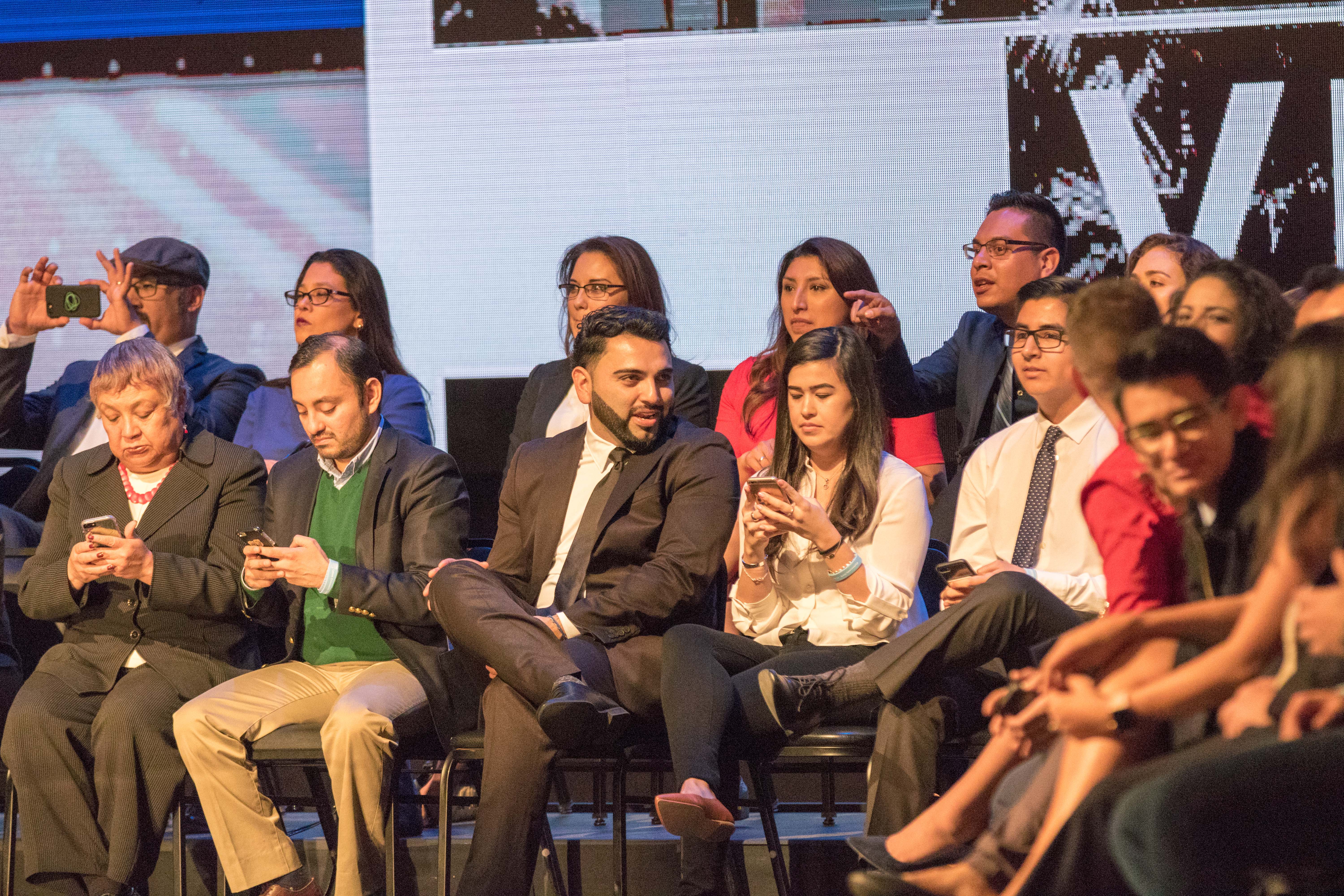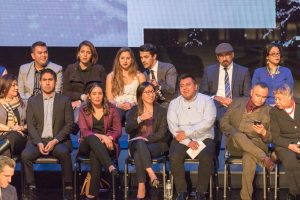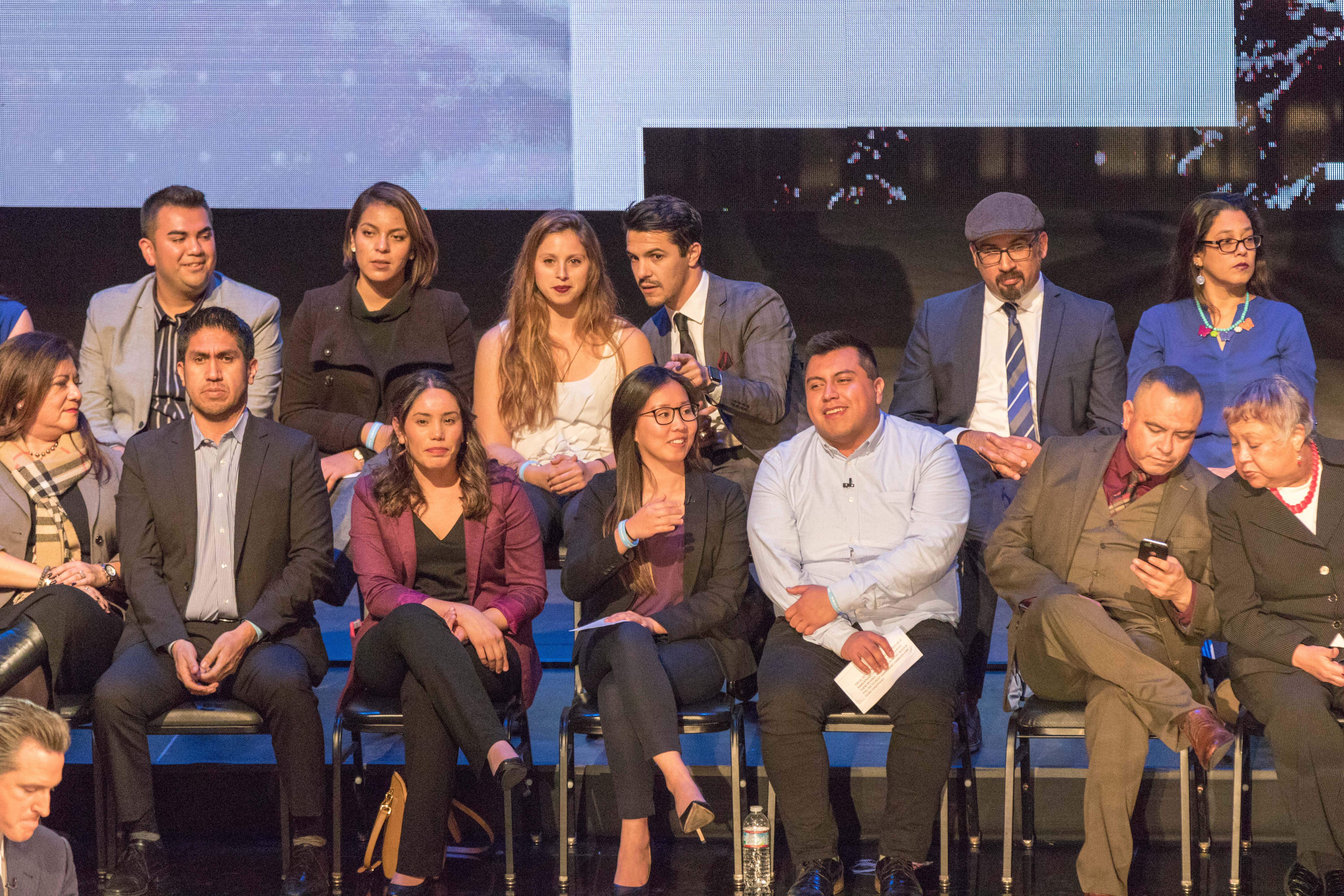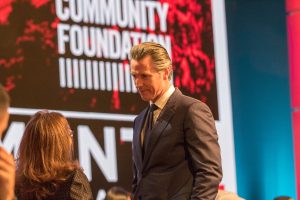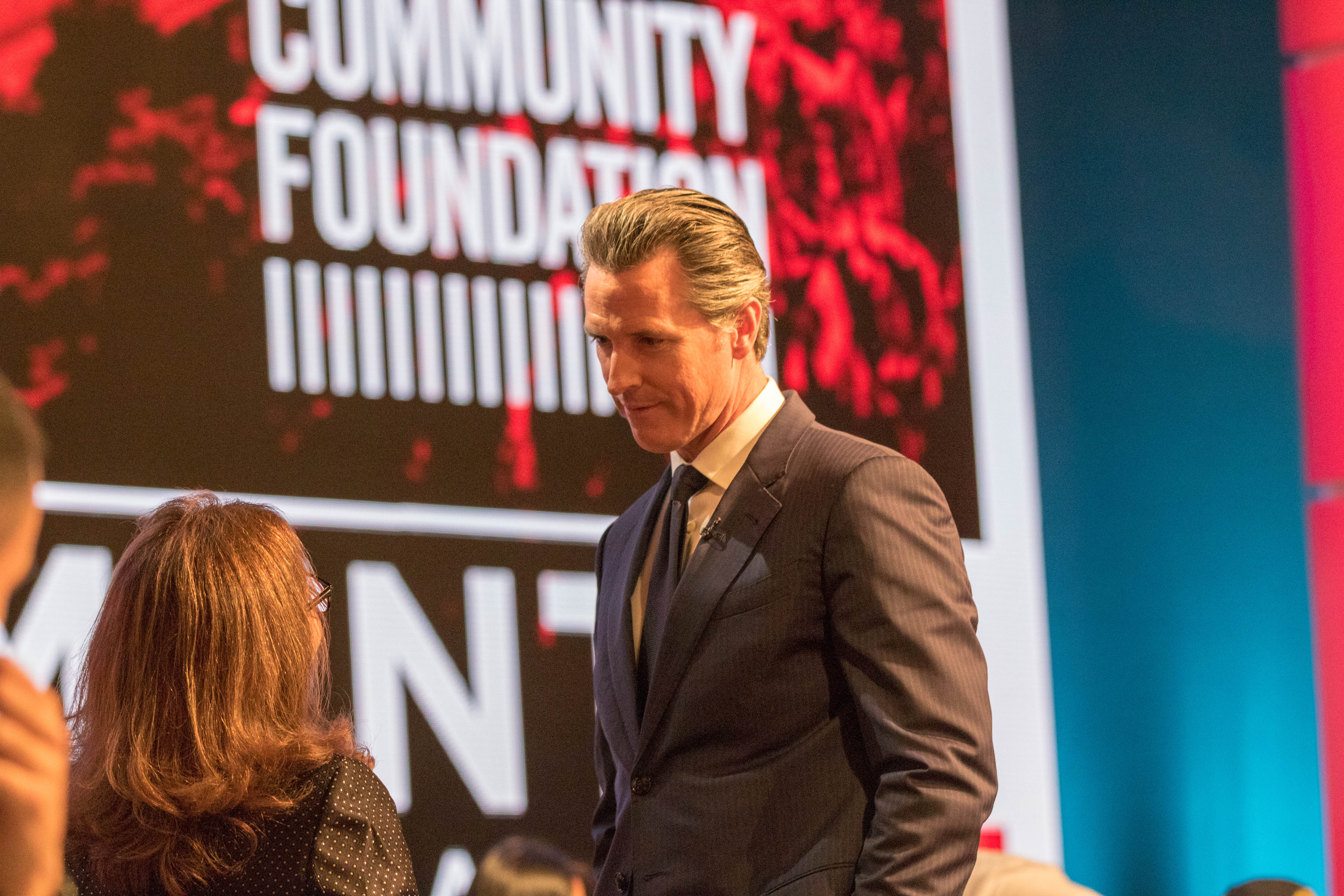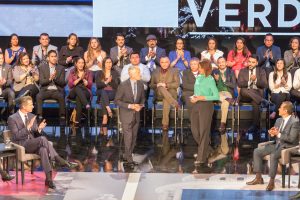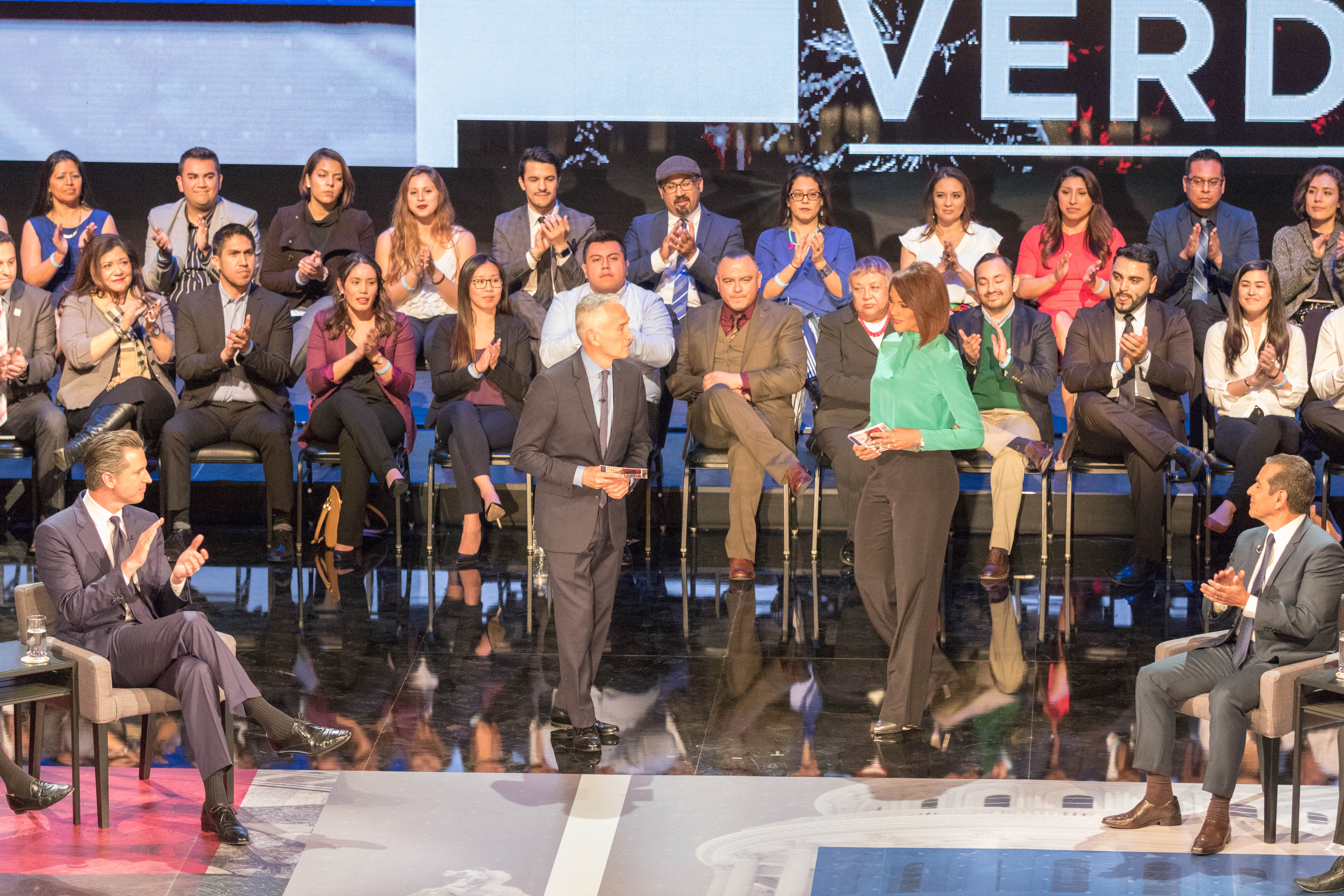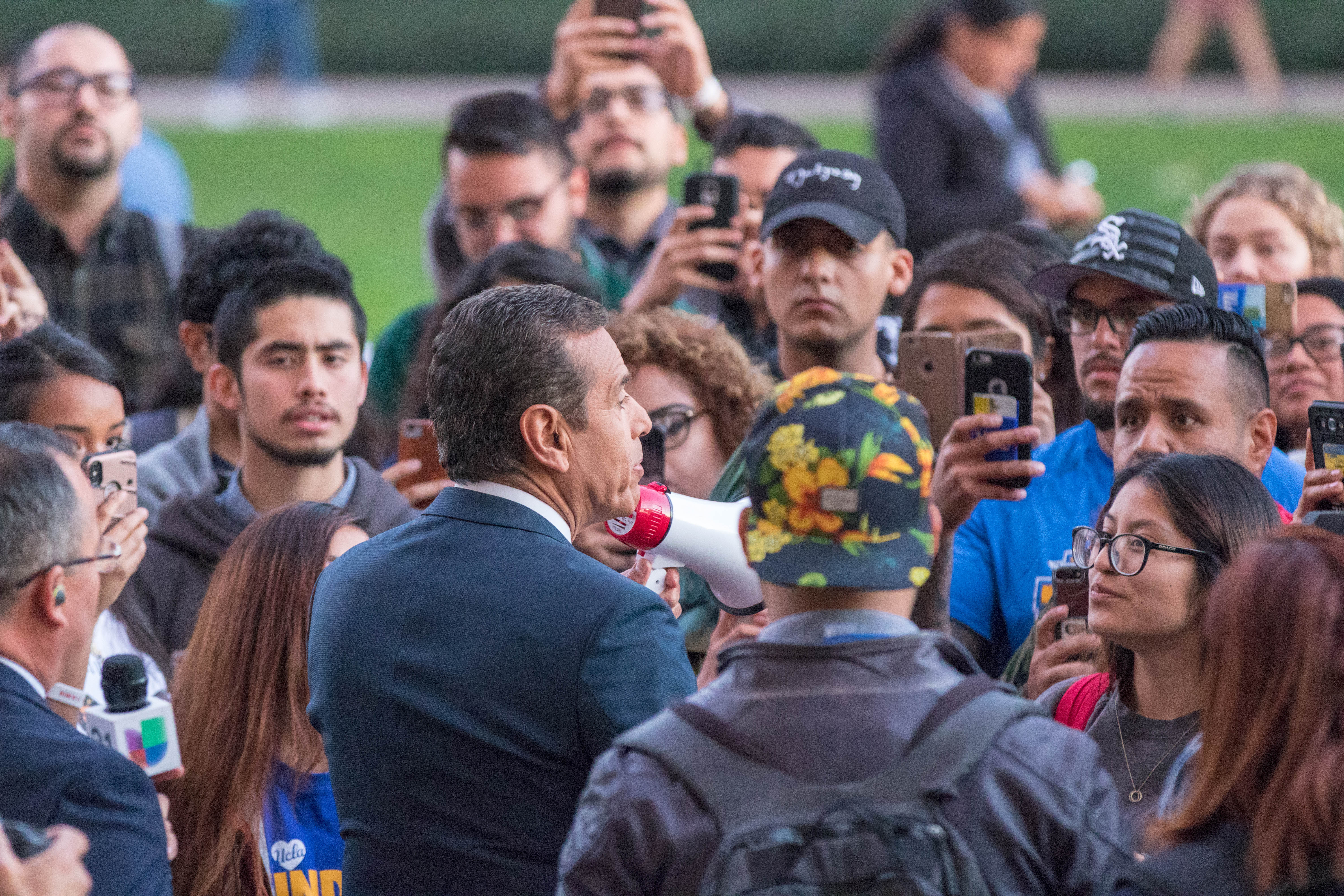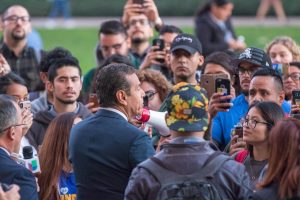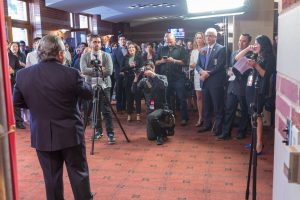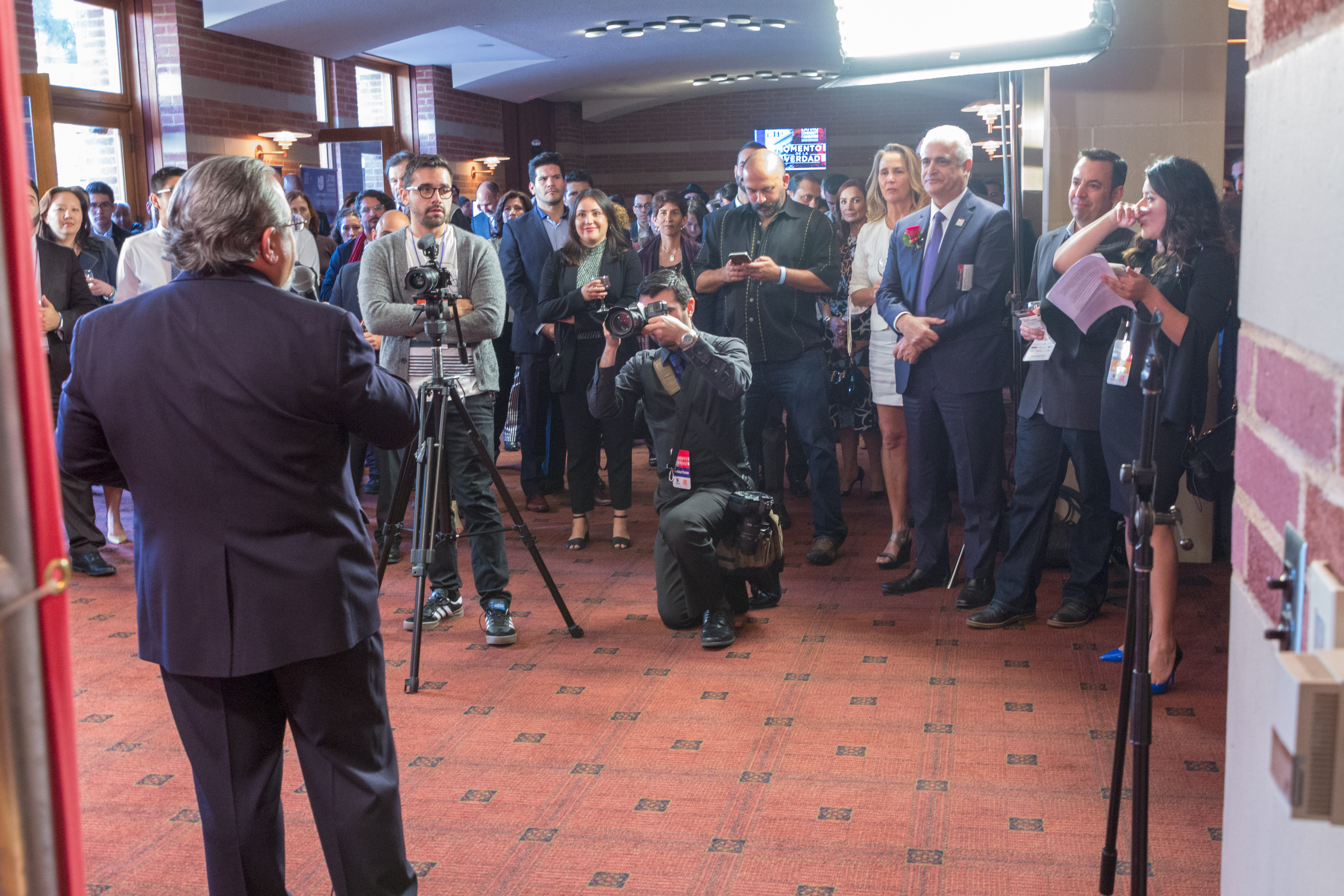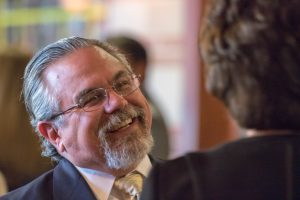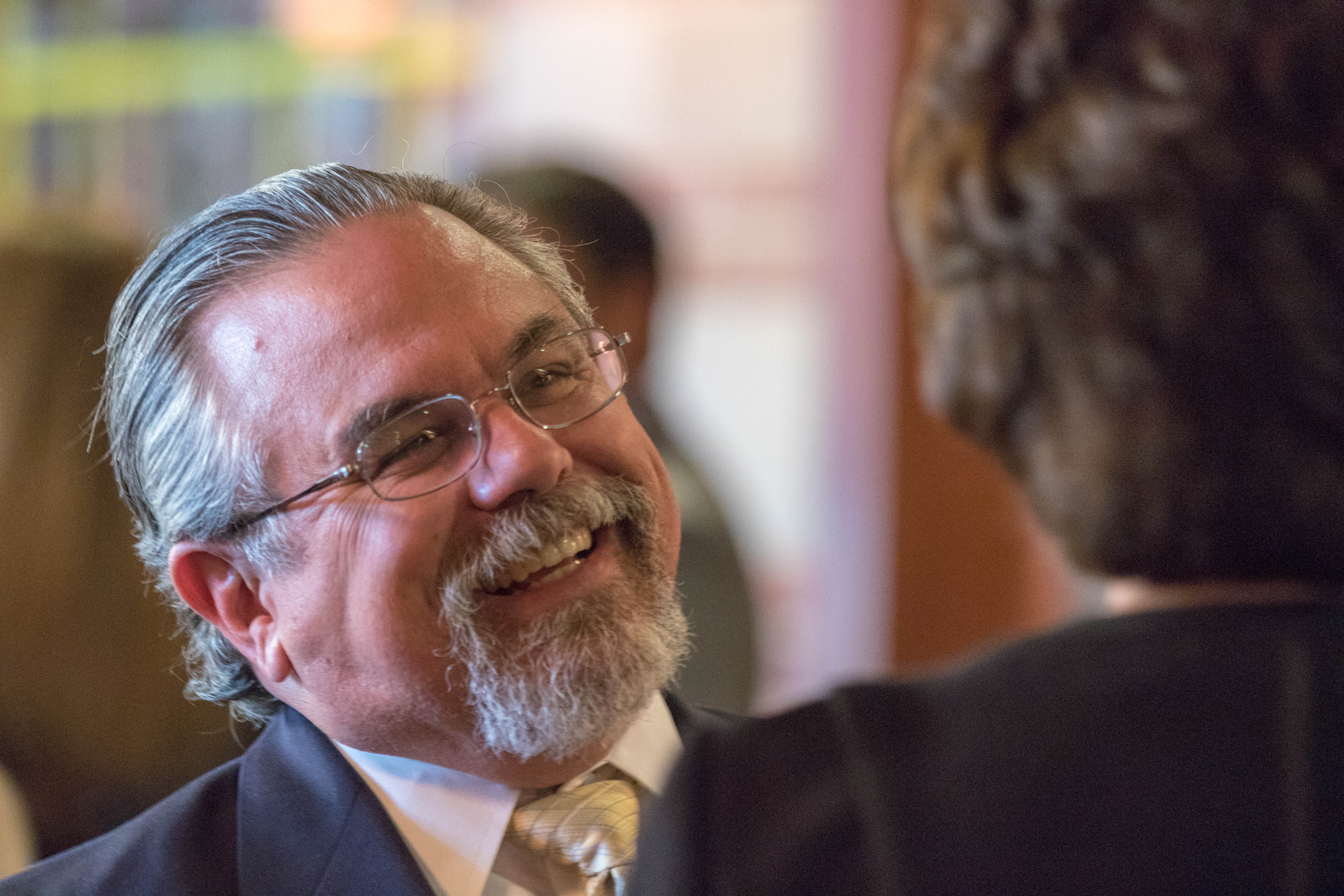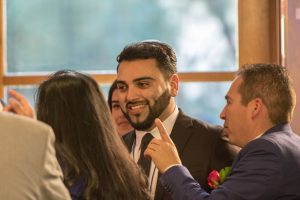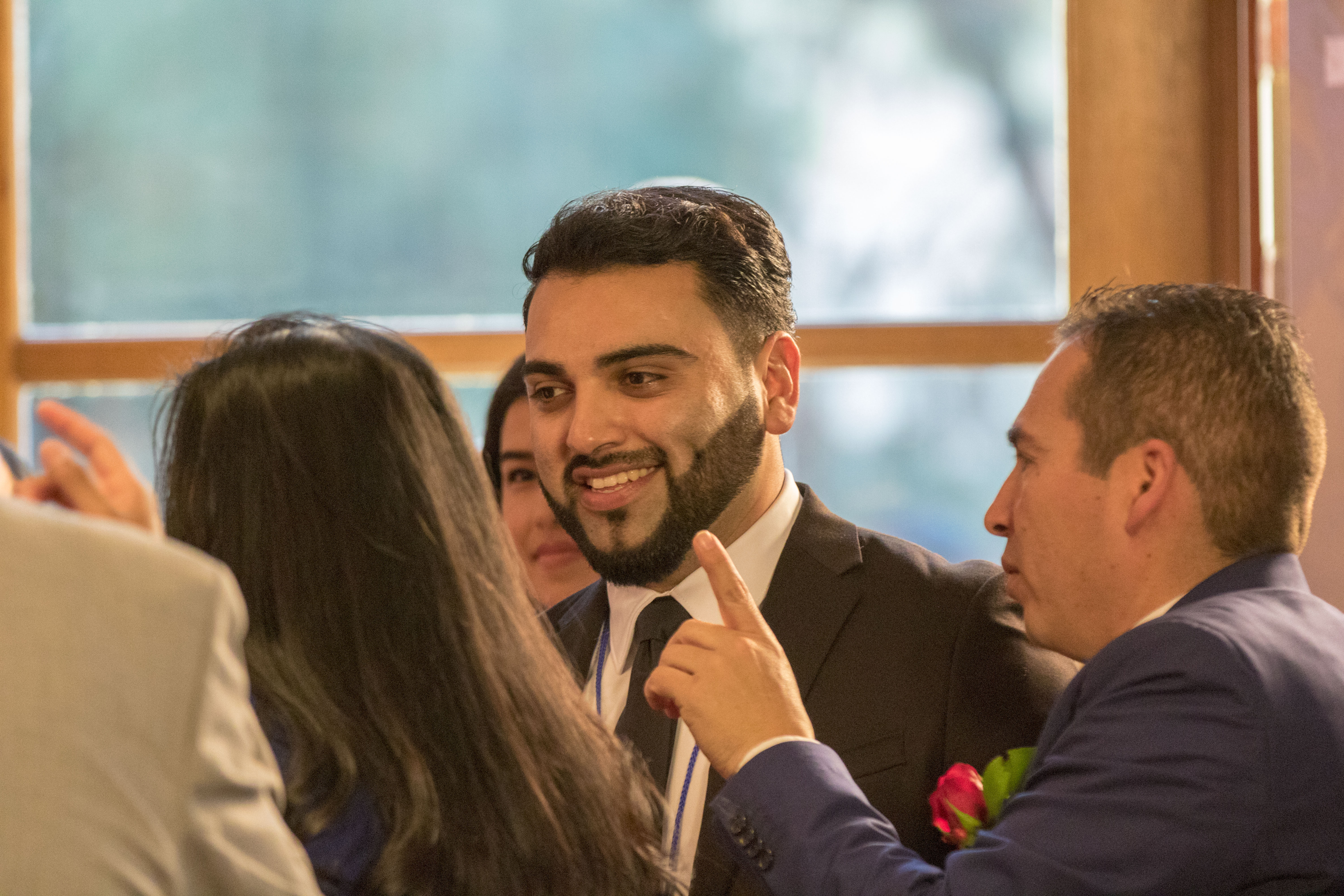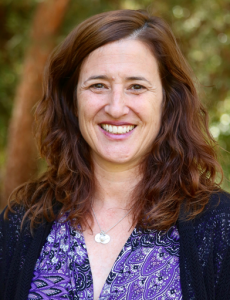A Platform for Elevating Student Voices As UCLA's student body president, public affairs major Breeze Velazquez embraces the role as an advocate for her peers
By Mary Braswell
During UCLA’s year of remote learning, Breeze Velazquez spent much of her time advocating for other Bruins.
Working one-on-one with students who believed they had been unfairly accused of academic dishonesty was not a role she had ever expected to play.
But it was one step on a surprising journey that led the senior public affairs major to seek and win the office of president of the UCLA Undergraduate Students Association Council.
“The crazy thing is, I never saw myself ever running for USAC,” Velazquez said. “I was an introvert. I had no social media up until last year.”
But in her public affairs coursework, as well as through internships with organizations like JusticeLA, MALDEF and Unite-LA, Velazquez found her own voice by helping others find theirs.
Her campaign for student body president focused on meeting the unique needs of first-generation, low-income students of color.
“I drew upon my own experiences and the experiences of my peers,” she said. “I grew up with a single mom. I grew up low-income, as well. And you know, I’m the first in my family to attend college.”
Those experiences helped shape a platform based on listening to the concerns of a wide range of students, then helping them connect with the right contacts in the UCLA administration. So far this year, this has included helping undocumented students navigate the university’s financial aid system and advocating for the creation of a special office to provide resources to those accused of academic dishonesty.
During the COVID-19 lockdown last year, UCLA saw an uptick in these cases, with students struggling to defend themselves over Zoom, said Velazquez, who at the time was the student body’s academic affairs commissioner. While providing guidance in these cases was not a formal part of her responsibilities, she decided to step in.
“One of the things I liked most about the role was the work that I got to do one-on-one with students,” she said. “I really fell in love with this project because I really see myself advocating for students in the future.”
Velazquez acknowledged that managing her academic workload, juggling several part-time jobs and serving in student government — which can be a lightning rod for criticism — has been physically and emotionally draining, especially during the pandemic.
She has leaned on friends and a tight-knit family, and has drawn support from the public affairs department she joined as a freshman pre-major.
“I just really found a community within the major. The students are so compassionate,” she said.
“And I look back on some of the professors I had who really supported me. Meredith Phillips, she was amazing,” Velazquez said of the undergraduate program’s founding chair. “I have gone to her for advice time and time again, even right now.”
Her coursework in public affairs, as well as Chicana/o and Central American studies — both intimate, interdisciplinary programs — has also helped bring her life goals into focus. Each department encouraged her to engage in the community and take advantage of course offerings from across campus, including in policy, education and law — fields she is interested in pursuing after graduation.
Until then, she’ll spend her year as student body president working to elevate the voices of students and helping them access UCLA resources.
“As difficult as it has been and as much as I never pictured myself taking on this role, … I know that I care about this and I’m strong enough because I was raised the right way,” she said. “My mom taught me that I’m a strong woman and no one’s going to deter what I need to get done.”
